Six Industry Leaders Share Insights on DEI for Black History Month

Taking place each February, Black History Month is an ideal time to honor and celebrate the achievements of Black people in the events industry and beyond and renew our commitment to continue fostering diversity, equity and inclusion (DEI).
Corporate Event News checked in with six industry leaders to find out how their organizations support the Black community and get their advice on championing DEI.
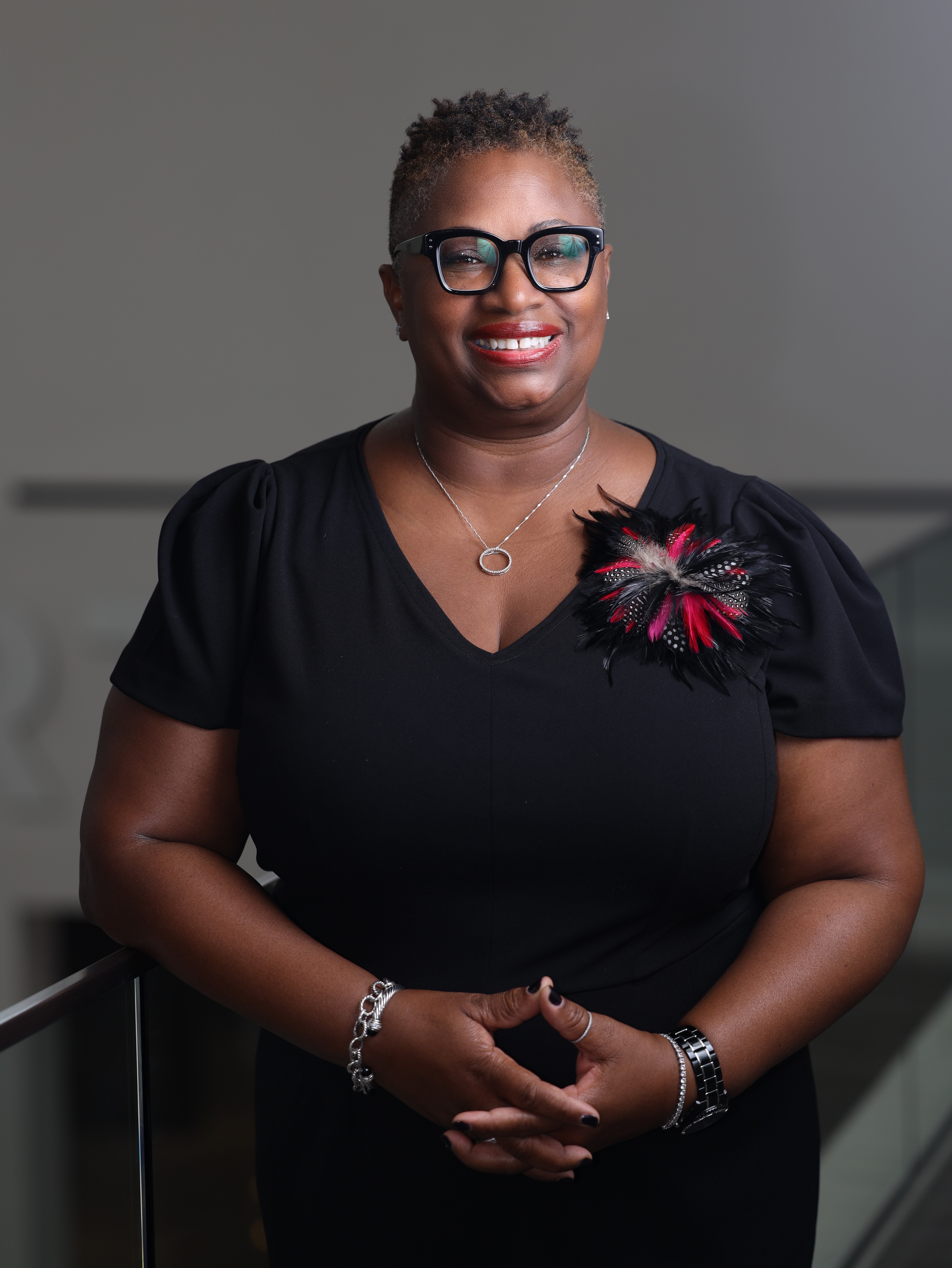 Desirée Knight, Senior Director, Meetings and Events, American Psychological Association; 2023 Chair of the Professional Convention Management Association (PCMA)
Desirée Knight, Senior Director, Meetings and Events, American Psychological Association; 2023 Chair of the Professional Convention Management Association (PCMA)
What tips would you share with fellow event professionals and the industry at large to champion DEI?
As business events strategists, we need to carefully evaluate our vendor lists. Do those companies have individuals who look like you? Including in the C suite? Be clear about your values and where you stand with DEI initiatives. It’s important for organizations to not only provide DEI statements on their websites but also provide data on how they are creating sustainable DEI change. Do not waste time with companies that don’t align with your beliefs or standards that are important to you.
What advice do you have for the next generation of Black leaders in the industry?
I believe it’s important that individuals should be their authentic selves. If a company you work for asks to stifle who you are, run — do not walk — away from that company. Secondly, surround yourself with leaders who you want to be in the future. It’s hard to become a dynamic leader if they are not represented in your environment. Third, find a coach and mentor. A mentor is someone who shares their knowledge, skills and experience to help another to develop and grow. A coach is someone who provides guidance on your goals and helps you reach your full potential. Network, network, network. Be sure to include individuals who work in different industries in your list of colleagues to tap for advice. It allows you to create diverse thinking on how to approach your job and career.
Who are some Black industry professionals to watch?
Shameka Jennings, who is on the PCMA Board of Directors, owns her company, EventsNoire, and serves as principal and CEO. I’ve been watching this young woman make a mark for herself within the business events community for some time. Shanae McFadden, director, meetings and e-learning for Consumer Healthcare Products Association (CHPA), is a PCMA 20 in Their Twenties Alumni (recognized in 2020). She’s also a member of the ASAE: The Center for Association Leadership Young Professional Committee. Eric Kincaid, who was recently promoted to associate vice president, sales for Choose Chicago, is someone who is making strides in the meetings industry. He’s a member of the PCMA Capital Chapter Board. These young professionals are great leaders who are committing their time to help grow and strengthen the meetings community.
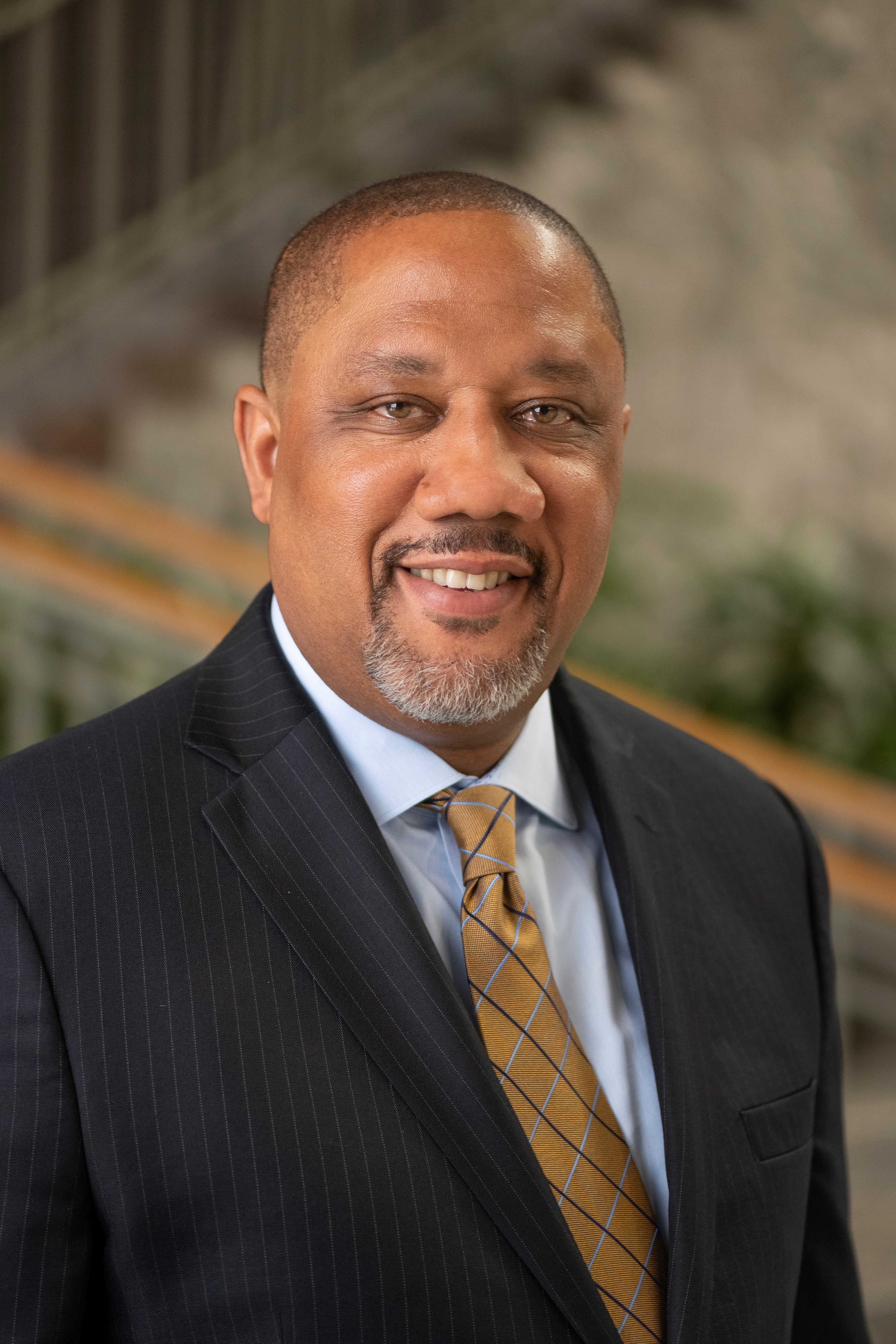 Kelvin Moore, General Manager, McCormick Place; Regional Vice President, ASM Global
Kelvin Moore, General Manager, McCormick Place; Regional Vice President, ASM Global
What are you most proud of in terms of the way your organization has been supporting the Black community, and what are your specific DEI plans for 2023?
I’m proud of the way ASM Global has leaned into its corporate social responsibility program, ASM Global Acts, which focuses on protecting the environment, investing in people and strengthening communities. Throughout our family of managed facilities, this program has made positive impacts in Black and brown communities in many ways, including intentional purchasing and procurement practices aimed at ensuring minority, women and disadvantaged business enterprises (MWDBE) get a seat at the table and fair opportunities to provide goods and services to our various facilities. During my time in Philadelphia at the Pennsylvania Convention Center (PCC), we developed a series of “Doing Business With the PCC” events, each with different facets, but all aimed at casting the widest net possible and putting MWDBE businesses in the best possible position to compete and succeed. In Chicago at McCormick Place, similar programs exist, and our F&B partner, SAVOR, has really leaned in by incorporating local Black- and brown-owned businesses into their operations.
The program also provides the platform to impact Black and brown students in our various communities through the granting of scholarships and internship opportunities. Anyone who knows me knows that providing positive outlets and opportunities for Black and brown youth is important to me. “Each one, reach one” is something I try to live every day. The ASM Global Acts program provides a platform from which I can enact that principle in real and tangible ways.
In 2023, I intend to champion these principles in Chicago. Specifically, we are adding an engagement manager position whose primary focus will be to lead these efforts and make sure the impact of our programs is tangible, measurable and meaningful. Through this position, it’s my goal to increase the participation of MBWDE businesses in our organization and to stand up an internship that will become the most desired and impactful program in the nation and one that will have a tangible and meaningful impact on students from marginalized communities in the Chicagoland area.
What tips would you share with event professionals and the industry at large to champion DEI?
The most important aspect of championing DEI efforts is to be intentional. DEI efforts exist because of the structural barriers to entry to so many marginalized communities. Penetrating those barriers in a meaningful way is not an easy task but is important. To be impactful in this area, I believe one must be intentional and view DEI as important as any other function critical to an organization’s success.
Who are some Black industry professionals to watch?
John Page, ASM Global regional general manager of the Columbus Convention Center, is someone I think is poised to take that next step and be a prominent voice in our industry. John has done an outstanding job in Columbus, Ohio. As a friend, I know the character John possesses. As a colleague, I have witnessed his tireless work ethic, the results he has yielded and the many others he has positively impacted through his intentional leadership. John is absolutely one to watch!
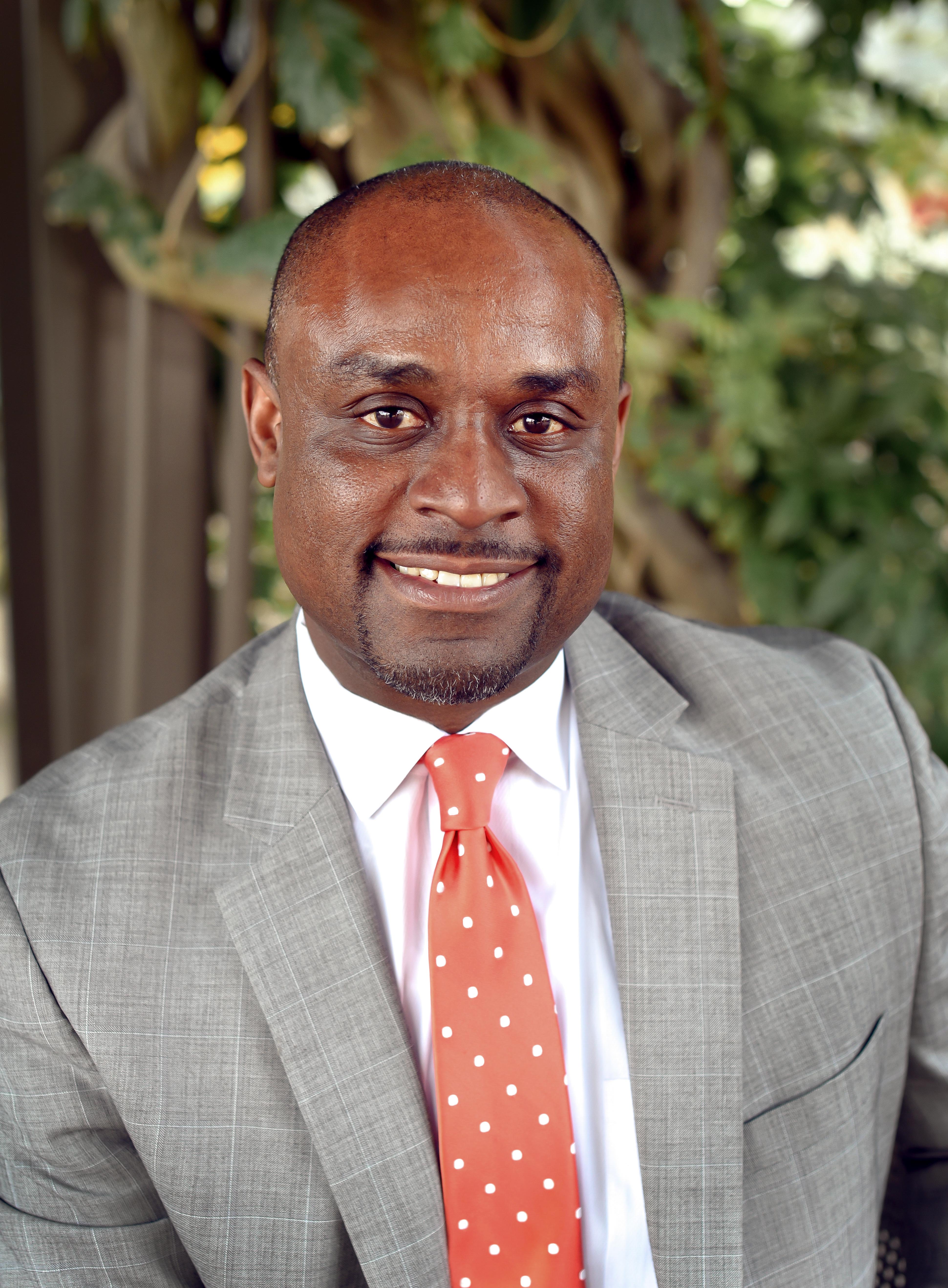 Cleo Battle, President and CEO, Louisville Tourism
Cleo Battle, President and CEO, Louisville Tourism
What are you most proud of in terms of the way your organization has been supporting the Black community, and what are your specific DEI plans for 2023?
I’m very proud of Louisville Tourism’s Black Tourism Advisory Council (BTAC) and the way we have brought in diverse individuals and community leaders to help us better ourselves in the business to business and tourism product development space, which has resulted in curated Black Heritage Experiences. For us, it’s a way to drive intentional inclusivity in the hospitality industry by identifying areas for improvement to attract a diverse mix of convention groups and leisure travelers to the city.
For 2023 and beyond, [we are] creating and identifying new tourism opportunities using diversified and intentional outreach to court minority-focused groups and events as our agency strives to increase the annual visitation by Black travelers beyond the current 11% to 14%.
What tips would you share with event professionals and the industry at large to champion DEI?
There are certainly ways to make a difference and get involved on a grassroots level by volunteering for boards and committees to help ensure they are diverse. With equity, diversity and inclusion, it can be easy to look for a template, but it’s not one size fits all. In some communities, there is a lack of representation on tourism councils for Asian, Latino or LGBTQ and being intentional to increase that representation makes the most sense. Really the questions are, ‘What can you do in your community? What is your community lacking in representation? And while you can’t focus on everything, focusing on doing one thing really well ultimately moves the needle toward progress.
How do you celebrate and honor Black History Month?
For me, it’s a time to reflect on how my career has progressed through the deep appreciation and respect of the historical Black leaders that have come before me. I honor Martin Luther King, Jr., and his leadership to pass the Civil Rights Act 59 years ago to pave the way and provide me the opportunity to be treated equally as a person and as a professional. I think about the National Coalition of Black Meeting Planners (NCBMP) and their efforts in the 1990s to seek out cities, hotels and convention centers that sought out diversity in management as a requirement to host their conventions. Those actions directly contributed to my hiring by a CVB. I’m also proud that Meeting Professionals International (MPI) nationally has a partnership with the NCBMP as an industry. I truly believe we cannot know where we are going until we know where we have been. I look forward to continuing to progress together.
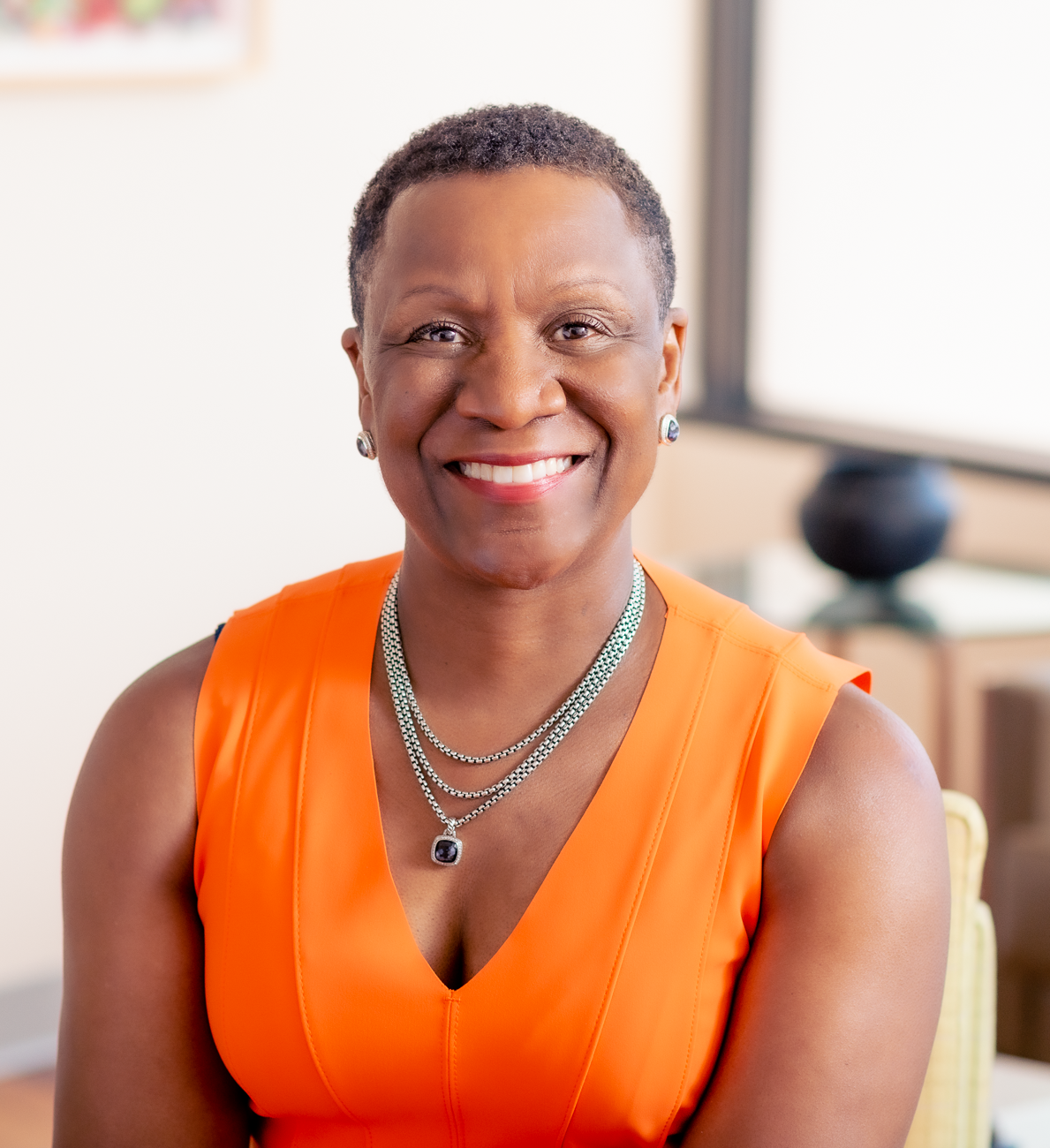 Michelle Mason, President and CEO, American Society of Association Executives (ASAE)
Michelle Mason, President and CEO, American Society of Association Executives (ASAE)
What are you most proud of in terms of the way your organization has been supporting the Black community, and what are your specific DEI plans for 2023?
ASAE has been intentional about helping associations prioritize DEI for their own organizations. ASAE’s Conscious Inclusion strategy is designed as a systemic, integrated approach to the business of advancing DEI in the ASAE community. Through this strategy, it is ASAE’s goal to meet organizations where they are on their DEI journey with resources that match their stage of DEI evolution.
As the global home of the association community, it’s also ASAE’s responsibility to invest in the leadership development of under-represented populations who in turn contribute back to the association management profession. We have retooled our Diversity Executive Leadership Program (DELP) to better align with ASAE’s new strategy and program of work. Trends in our association space — like the changing nature of work, the need for greater collaboration and cultivation of community — are behind the creation of DELP 2.0. When we took the time to listen to the DELP stakeholder community, we landed on some new and improved benefits that we are confident will enhance the DELP scholar experience and take these professionals to new heights in their careers.
ASAE also last year introduced a program called ReadyMe, which provides a combination of virtual and in-person training components that support the career advancement of association professionals. We’re excited about the leadership development potential of that program. I encourage other association CEOs to consider joining the ASAE ReadyMe Steering Committee and support the career ascension of motivated, ambitious association professionals.
What tips would you share with fellow event professionals and the industry at large to champion DEI?
I see many leaders in this industry embracing their role as change agents. It’s important that we continue to dialogue, share knowledge and insights, and make connections with each other on many issues, but definitely in regard to DEI in the workplace and at in-person meetings and events.
I encourage all of us to continue to be aware of societal and socioeconomic issues that can have an impact on member engagement and attendance at meetings and events. These issues can cause disengagement from member-dependent organizations, like ours. In this industry, leaders have to look at the realities impacting those around us and take conscious steps to create a more inclusive and welcoming environment.
What is your advice for the next generation of Black American leaders in the industry?
Know your strengths and trust your instincts. Seek help when you need it. I’ve benefited from many words of wisdom over the years, and I think one of the best things about this industry is the willingness of leaders to share what they’re learned. Probably the two pieces of advice that have stuck with me are:
- Listen more. In an industry like this with many stakeholders, you have to listen to what people are telling you they need to be successful.
- Resist the urge to play it safe. We have to be entrepreneurial and risk-takers to some degree, and try new things even if it sometimes doesn’t play out exactly as we hope.
And the last piece of advice I would give to young Black professionals in the industry is that Black History Month is more than a month, it is a movement. Continue to learn about noteworthy leaders and their accomplishments. Read about Black history. If you don’t know where you come from, you don’t know who you are.
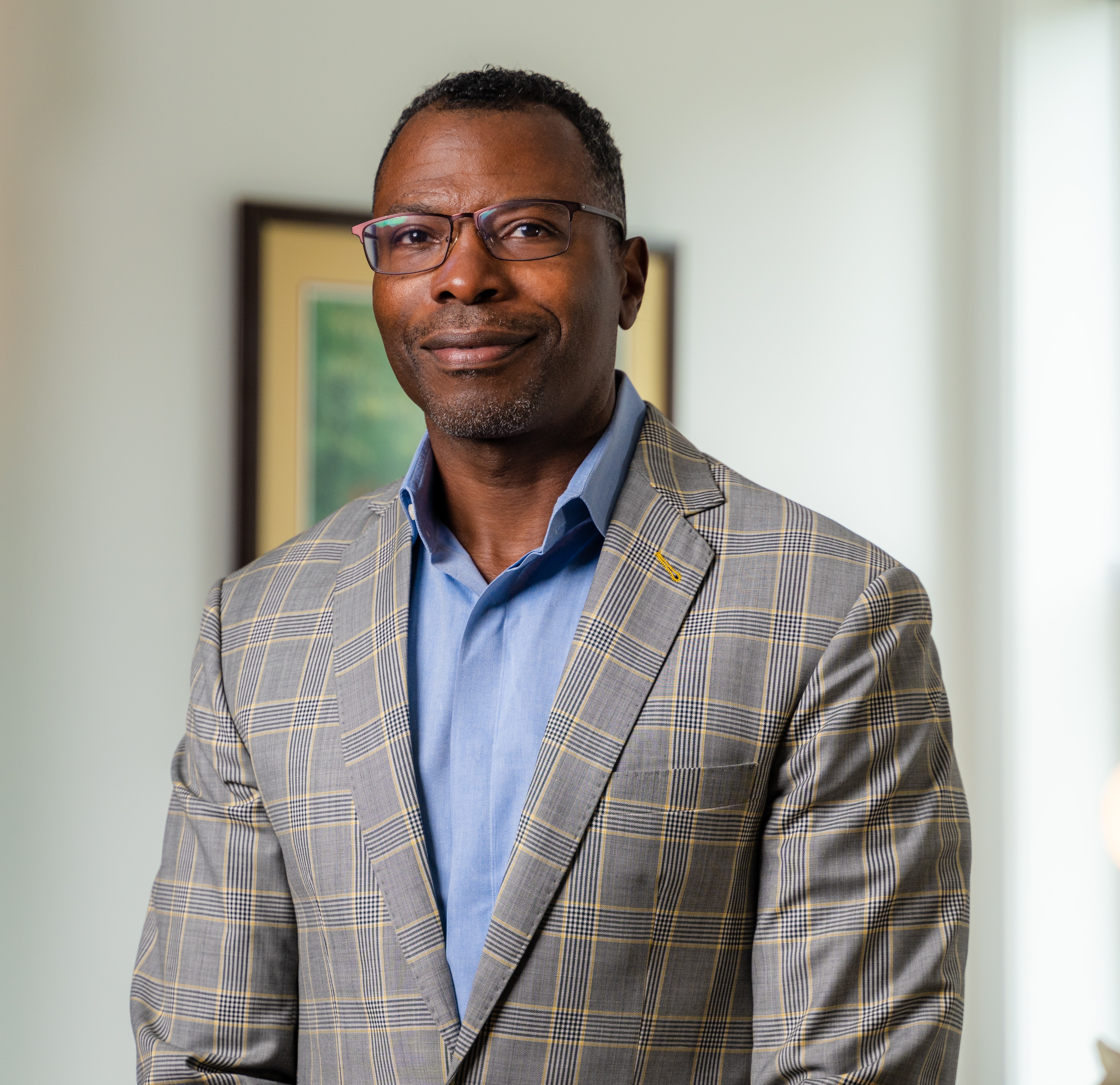 Elliott Ferguson, President and CEO, Destination DC
Elliott Ferguson, President and CEO, Destination DC
What are you most proud of in terms of the way your organization has been supporting the Black community, and what are your specific DEI plans for 2023?
I’m proud of our holistic marketing push that highlights diversity in the city, including The DEI District section on our website. I’m proud of our DEI Business Fellowship membership program, which promotes businesses that reflect diversity, equity and inclusion. We inform meeting planners about resources available in Washington, D.C., embodying the true spirit of the local community.
Our internal, staff-lead DEI task force focuses on key areas, like training and workplace culture, and provides checks and balances for Destination DC.
I’m proud of the support we give to Tourism Diversity Matters, where I serve as the chairman emeritus, and its commitment to eliminating disparities and fostering DEI practices that educate, advocate, engage and empower in collaboration with organizations and industry initiatives.
I’m proud of the American Experience Foundation (AEF), the nonprofit affiliate of Destination DC, that serves students through educational programming and opportunities, internships and industry mentorships. Over the past two years, Destination DC has hired three former DC high school students, all of whom participated in AEF programs, as full-time staff. AEF provides hands-on experiences, so students see an opportunity for a career in hospitality. AEF supports the work of 10 Academies of Hospitality & Tourism, Culinary Arts and Mass Media at seven Washington, DC high schools. AEF supports graduates through its scholarship program and growing alumni support programs.
What tips would you share with fellow event professionals and the industry at large to champion DEI?
We know studies have shown that people are happier in a company where diversity is reflected in the staff. Diverse organizations are also more profitable. Young people are looking for organizations that are committed to diversity and that reflect their experience in the world. It’s important that new recruits see diversity in leadership and that they have mentors and clear pathways to career success.
How do you celebrate and honor Black History Month?
We celebrate the achievements and contributions of Black people year-round in Washington, D.C. Black history is American history, and there are many bucket-list sites in Washington, D.C., where visitors can come to gain a different perspective. You’ll see special ways to celebrate Black History Month through our marketing and content on washington.org in many ways, including special events and more information on small, local minority-owned businesses.
What could we as event professionals do to help grow and empower the Black community in the events industry?
It’s important that leadership makes DEI a priority. Employees and recruits see through leadership who don’t support diversity. If you’re a minority, don’t allow yourself to be marginalized. Take risks. Explore and expand your knowledge in different roles and take on a mentor.
There needs to be greater education and more diverse and equitable opportunities, like AEF that expose students to careers in hospitality. For example, in 2021 the Marriott Foundation established the Marriott-Sorenson Center for Hospitality Leadership at Howard University, which helps prepare students to enter the workforce and builds a pipeline of diverse leadership talent for the hospitality industry.
Who are some Black industry professionals to watch?
Julie Coker, president and CEO of the San Diego Tourism Authority, and Bennish Brown, president and CEO of the Augusta Convention and Visitors Bureau.
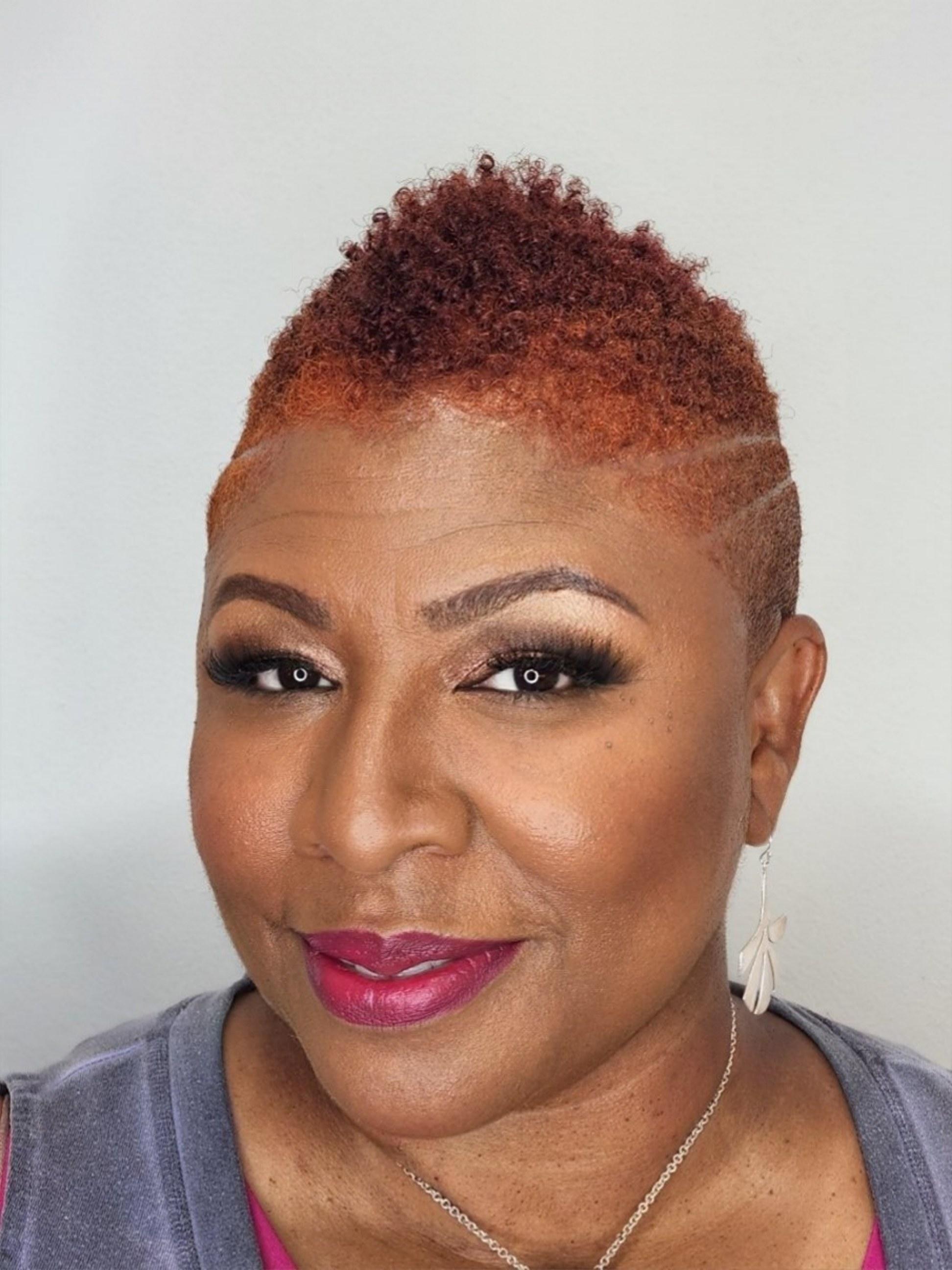 Tess Vismale, Chief Event Rescuer, Event Technologist, iSocialX
Tess Vismale, Chief Event Rescuer, Event Technologist, iSocialX
What are you most proud of in terms of the way your organization has been supporting the Black community, and what are your specific DEI plans for 2023?
As an Independent planner with a 100% Black woman-owned company, I naturally support my community in many ways. In 2018, iSocialX began partnering with Good Journey Development Foundation, a youth leadership development nonprofit organization. iSocialX develops and facilitates learning experiences that engage youth in social media and branding lessons that lead to group social justice campaigns and improved individual social media promotion. iSocialX also provided Good Journey event planning and execution guidance as they transitioned to a successful 7-week virtual programming in 2020 due to the pandemic.
I'm also proud of iSocialX's long-standing relationship with Spelman College. As an alumna, I have poured back into my alma mater as a trusted advisor and expert in the digital event space. We have provided expertise by introducing new tools to help departments streamline processes and increase alumnae/student engagement. This we do in goodwill, collaborating with leadership in Institutional Advancement and the Office of Alumnae Engagement. In addition, we are now campaigning to create a new position, entitled event technologist, that would help oversee and streamline the technical aspects of virtual and hybrid experiences for the college.
“We at Good Journey were able to maintain our high-quality, culturally relevant, social justice-focused, leadership skill-building summer program and integrate with technology to keep young people genuinely engaged during the pandemic," said Dionne Ferguson, executive director, Good Journey Development Foundation. “This work is all thanks to the expertise and guidance from iSocialX.”
I am also on the BOD of The National Coalition of Black Meeting Professionals (NCBMP). We are rooted in the idea of equity. Our founders organized 40 years ago to ensure that destinations that hosted their meetings had executive representatives of color with budgets and staff. Our members are leaders. Many are the first Black executive in a leadership role. It is incumbent upon us to carry the torch of our founders.
What tips would you share with event professionals and the industry to champion DEI?
- Partner with Black organizations that can give a window into the community with a long-term commitment to education and change.
- Audit your speaker list to see how many are a part of the Black community. Aim for inclusion, equity and belonging in that process.
- Seek diversity in your budget decisions, including staff, board recruitment, sponsorships and partnerships.
Lisa Plummer Savas, Lori Tenny and Danica Tormohlen contributed to this report.
Don’t miss any event-related news: Sign up for our weekly e-newsletter HERE, listen to our latest podcast HERE and engage with us on Twitter, Facebook and LinkedIn!


Add new comment